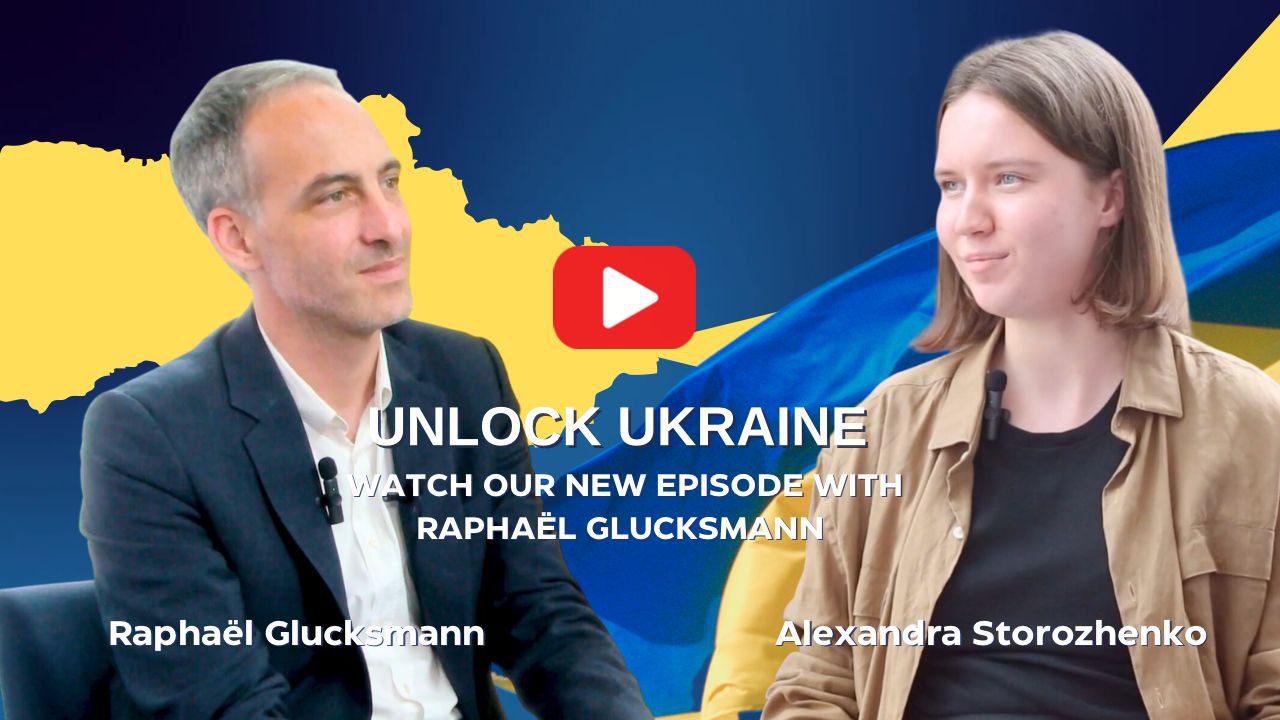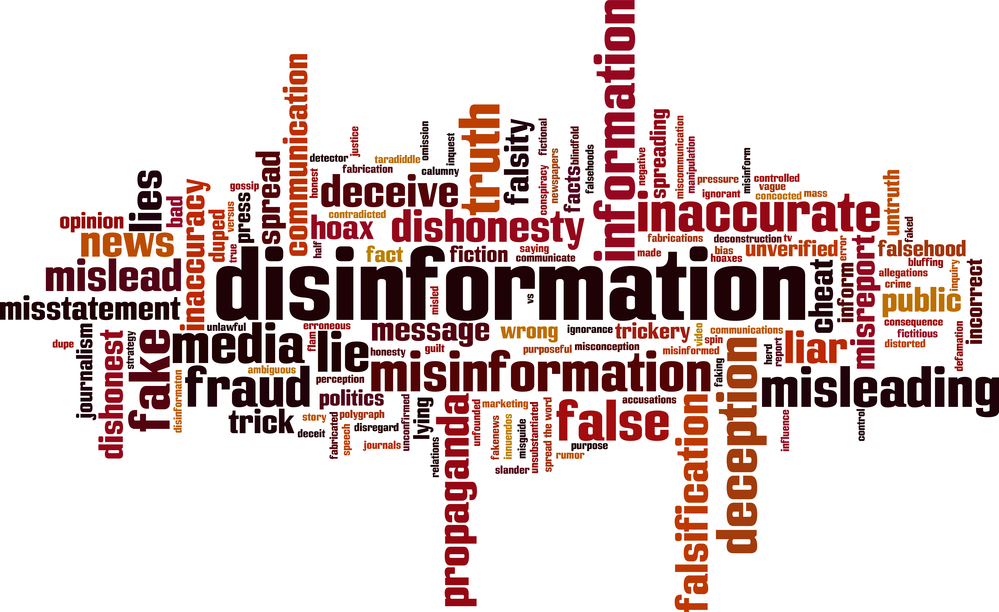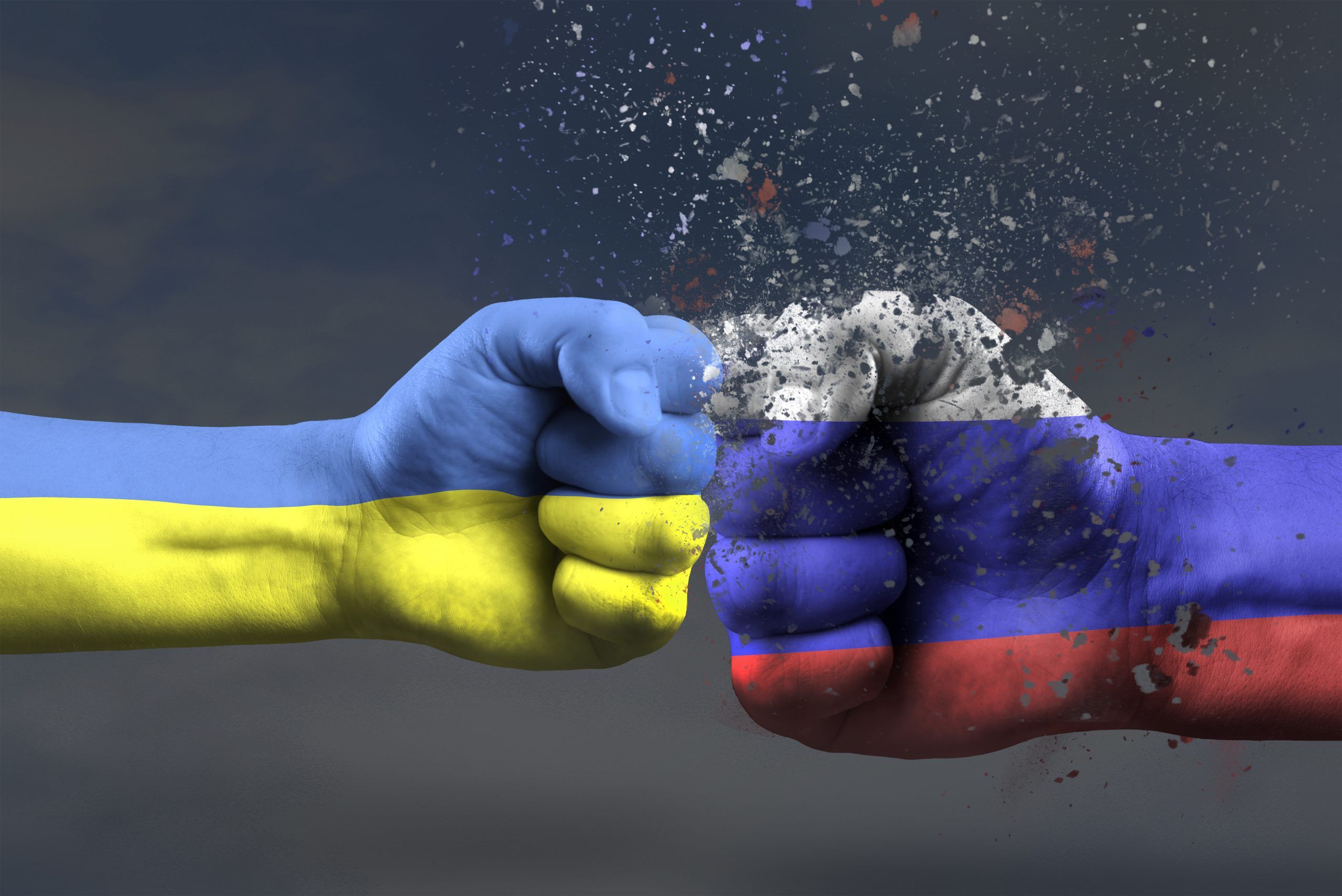The European Commission and EU’s foreign policy chief announced further steps to fight disinformation around COVID-19. They prepared the Joint Communication “Tackling COVID-19 disinformation – Getting the facts right” that was sent to other institutions and bodies of the European Union. The proposed actions will feed into future EU work on disinformation, notably the European Democracy Action Plan and the Digital Services Act.
High Representative/Vice-President Josep Borrell said: “Disinformation in times of the coronavirus can kill. We have a duty to protect our citizens by making them aware of false information, and expose the actors responsible for engaging in such practices. In today’s technology-driven world, where warriors wield keyboards rather than swords and targeted influence operations and disinformation campaigns are a recognised weapon of state and non-state actors, the European Union is increasing its activities and capacities in this fight.”
It is stated in the Joint Communication that “foreign actors and certain third countries, in particular, Russia and China have engaged in targeted influence operations and disinformation campaigns around COVID-19 in the EU, its neighbourhood and globally, seeking to undermine democratic debate and exacerbate social polarisation, and improve their own image in the COVID-19 context”. For example, the EEAS East Stratcom Task Force detected and exposed more than 550 disinformation narratives from pro-Kremlin sources on the EUvsDisinfo website.
According to Borrell, “the coronavirus pandemic has been accompanied by a massive infodemic”. He pointed out that misleading health information, cybercrime, or targeted disinformation campaigns by foreign actors pose “several potential risks to our citizens, their health and their trust in public institutions”. The main EU diplomat gave examples of such disinformation, according to which drinking bleach can cure the coronavirus or washing hands does not help to prevent contamination.
Vice-President for Values and Transparency Věra Jourová said: “Disinformation waves have hit Europe during the Coronavirus pandemic. They originated from within as well as outside the EU. To fight disinformation, we need to mobilise all relevant players from online platforms to public authorities, and support independent fact-checkers and media. While online platforms have taken positive steps during the pandemic, they need to step up their efforts. Our actions are strongly embedded in fundamental rights, in particular freedom of expression and information.”
In a 16 pages document, the Commission and the High Representative propose a set of measures in strengthening communication within and outside the EU, cooperating better within the EU and with third countries and international partners. They suggest to ensure greater transparency of online platforms and to strengthen support to fact-checkers and researchers. “The Commission calls on the platforms to broaden and intensify their cooperation with fact-checkers and actively offer access to their fact-checking programmes to organisations in all EU Member States – as well as in its neighbourhood – for all languages”, says the communication.
The EU will pay particular attention to the situation in Eastern and Southern Neighbourhood and the Western Balkans. It is also proposed to take more steps to ensure freedom of expression, to raise citizen awareness, and to protect public health and consumers’ rights.
The Joint Communication follows the tasking by European leaders in March 2020 to resolutely counter disinformation and reinforce resilience of European societies. The Commission and the High Representative will quickly set in motion the actions proposed in this Communication, building the ground for a longer-term approach as part of the European Democracy Action Plan, which should be presented towards the end of the year, as well as of the forthcoming Digital Services Act.






 UA
UA FR
FR DE
DE

